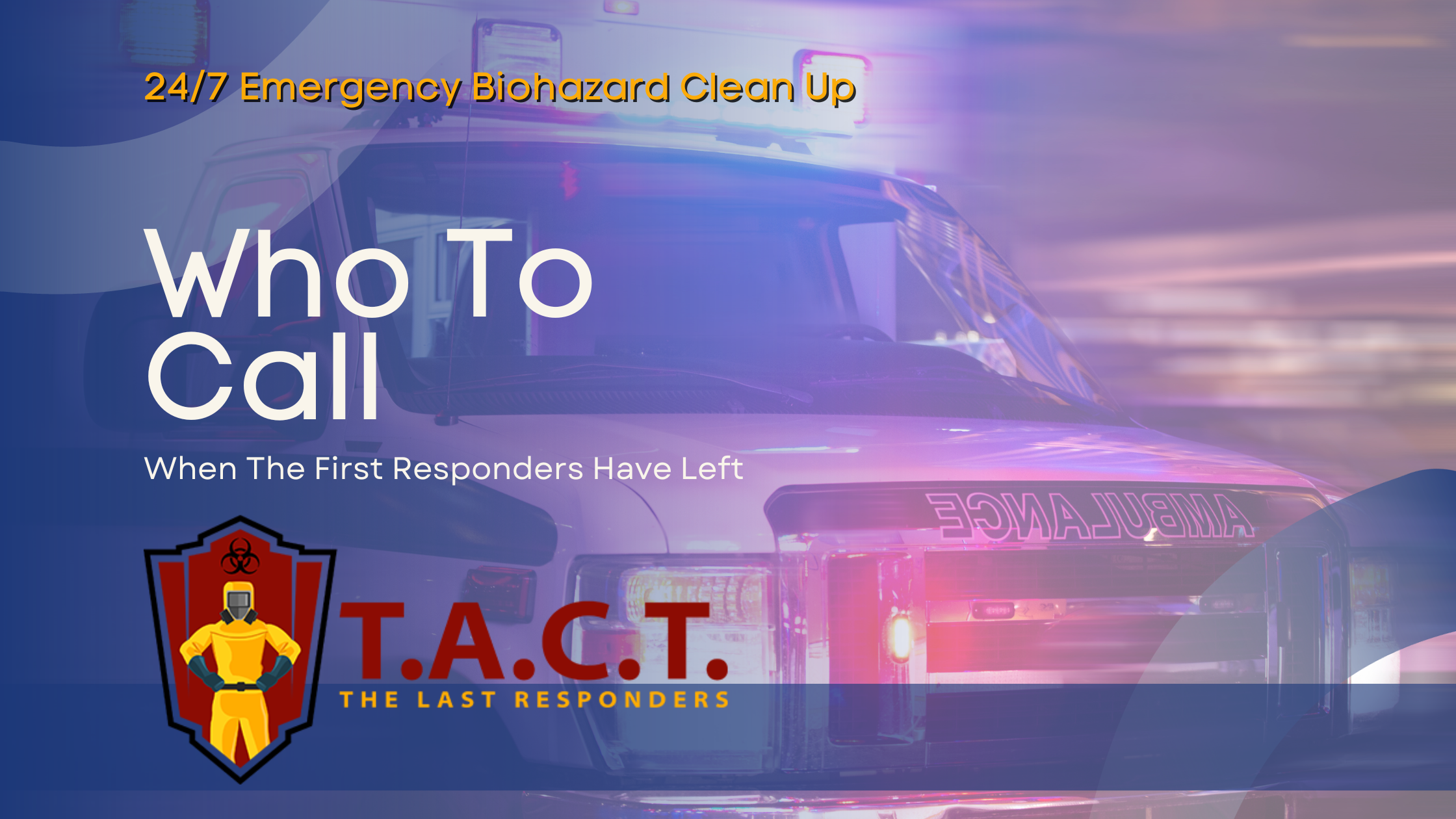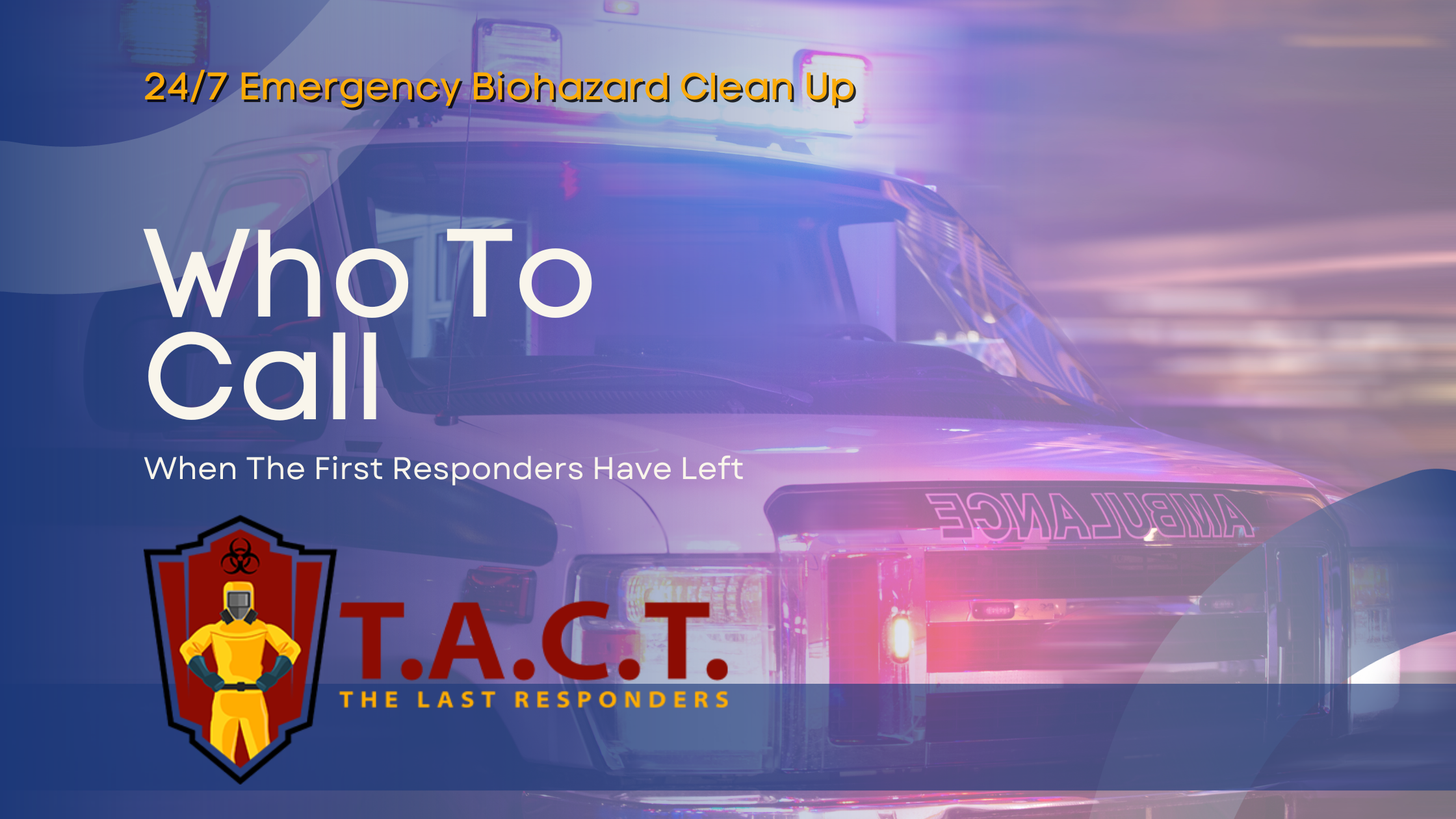Professional Biohazard Cleanup Services
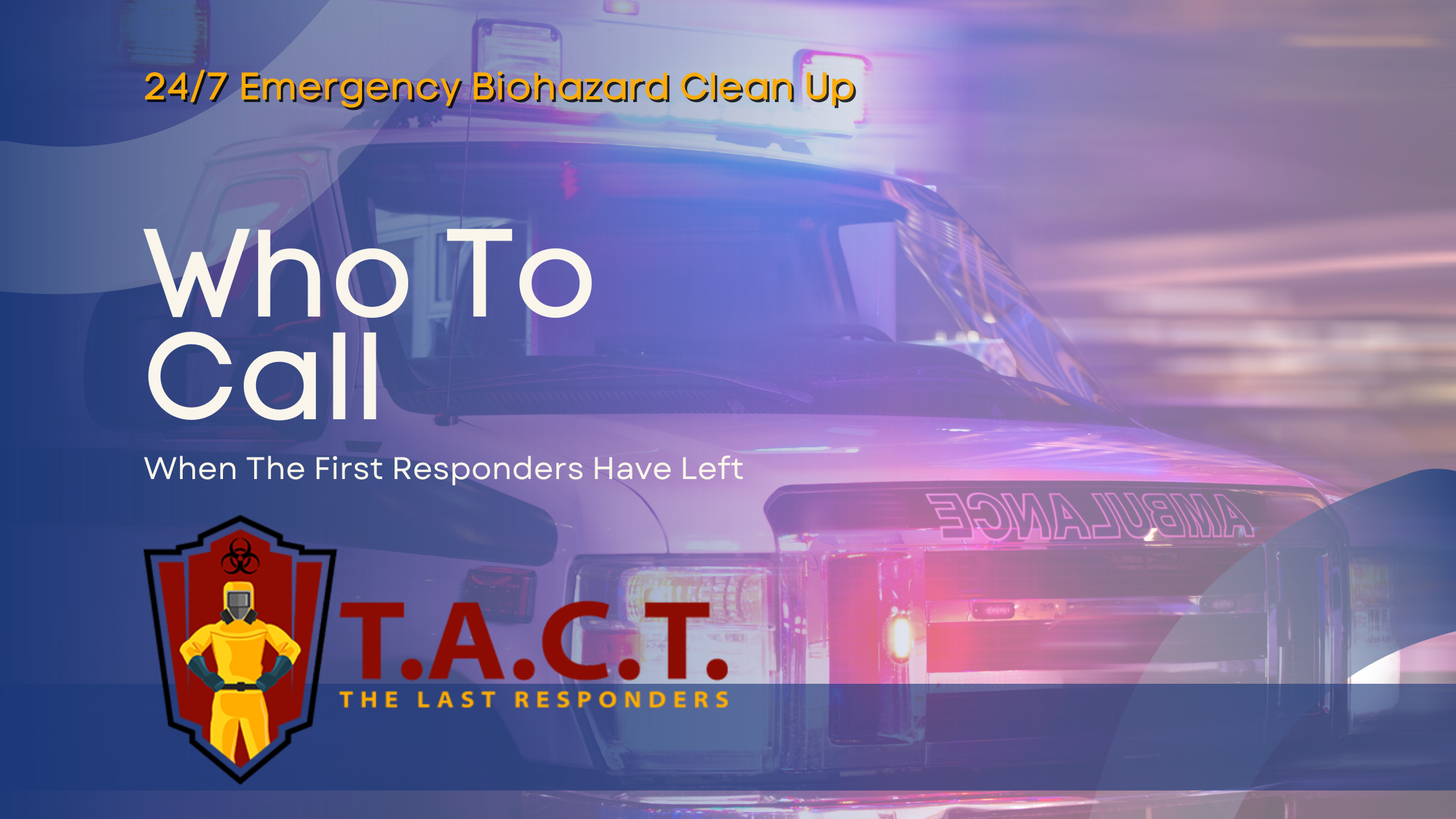
Cleaners After Death: Professional Biohazard Cleanup Services
Cleaners after death are essential for safe and thorough cleanup of biohazardous materials. This article explains why professional services are needed, the steps involved, and what to expect from such cleanups.
Key Takeaways
Professional biohazard cleanup services are essential for safely managing health risks associated with death scenes, including the removal of hazardous materials and thorough sanitization.
Improper cleanup poses significant health risks due to potential exposure to pathogenic materials; professional services utilize specialized techniques and equipment to ensure safe and effective disinfection.
Choosing a knowledgeable and certified cleanup company is crucial for sensitive situations, as it guarantees compliance with safety regulations and provides emotional support to affected families.
Understanding Death Scene Cleanup
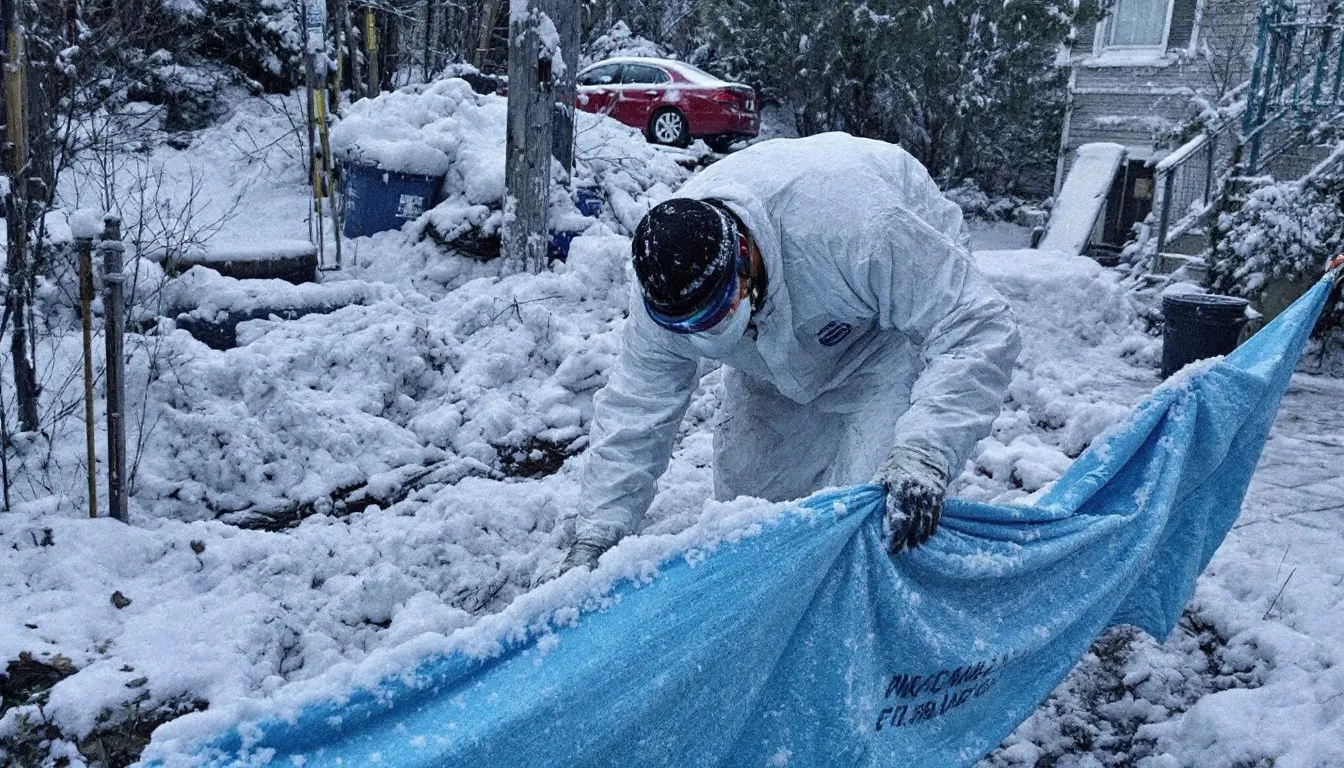
Death scene cleanup requires meticulous removal of biohazardous materials to sanitize and restore the area. Trained professionals manage health risks from decomposing bodies and potential pathogen exposure. Personal protective equipment (PPE) is a critical component, protecting workers and preventing cross-contamination during the cleaning process.
Following the removal of hazardous materials, thorough sanitization and odor neutralization using specialized cleaning agents are necessary. Sometimes, repairing or replacing contaminated structural components is required, ensuring the environment is safe for future use, showcasing the comprehensive nature of professional cleanup services.
The Importance of Professional Cleanup Services
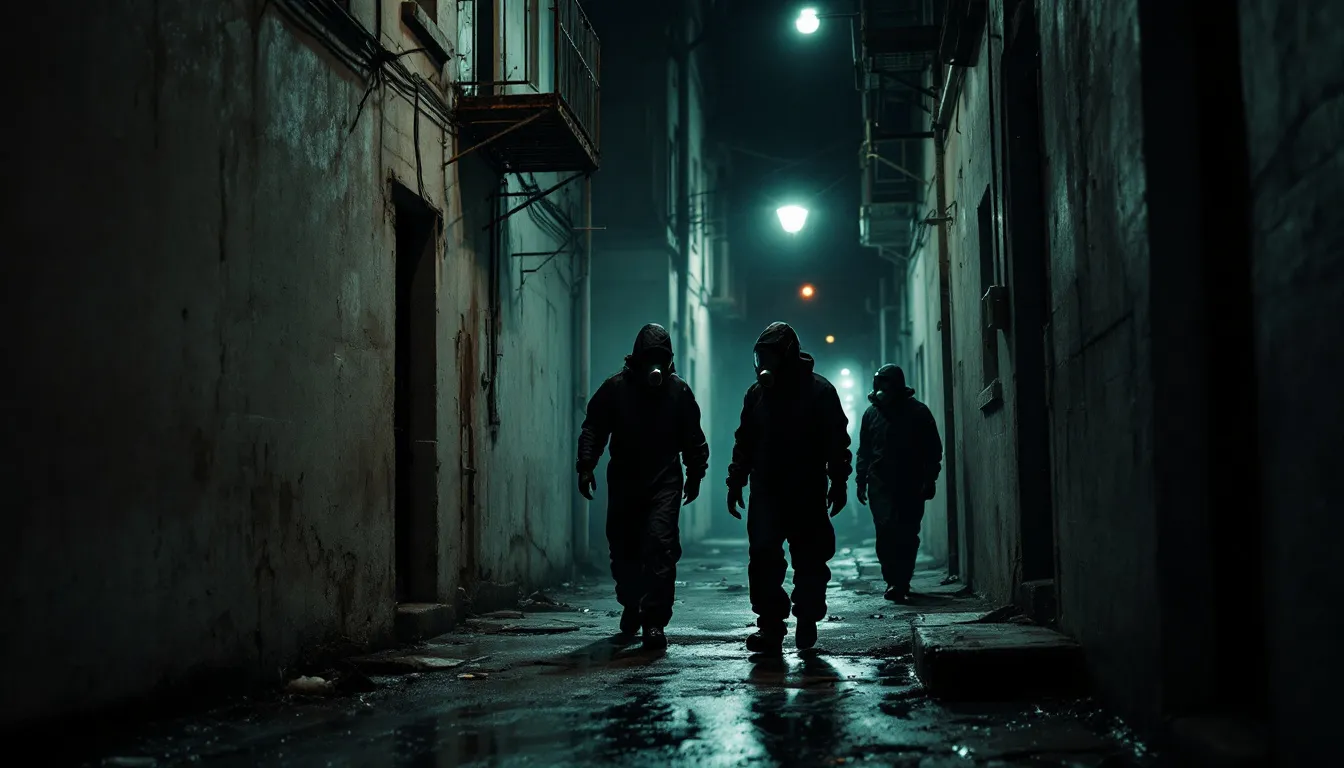
Professional crime scene cleanup ensures safe management of biohazards like blood and bodily fluids, which can transmit infectious diseases such as HIV and hepatitis. Proper disposal of these materials is crucial to prevent disease spread and protect public health.
Thorough cleaning and deodorization by professional services eliminate remaining odors, ensuring a safe environment. These services handle situations like accidents, suicides, and homicides, each requiring specialized knowledge and equipment. The process involves biohazard remediation, which necessitates professional expertise to manage complexities and health risks effectively.
Professionals document contamination extent and identify hazardous areas during the initial evaluation, crucial for planning effective cleanup. Handling these complexities with care provides peace of mind to those concerned by the traumatic incident.
Types of Death Scenes Requiring Specialized Cleaning
Unattended deaths, crime scenes, suicides, and homicide require specialized cleaning services to serve safety and thoroughness, each presenting unique jobs, challenges, and risk when left unattended. Unattended deaths
In these situations, professional cleanup services manage the intricacies of biohazard removal and sanitization effectively.
Unattended Deaths
Unattended deaths, where a body remains undiscovered for extended periods, present unique challenges. Intense decomposition odors can linger for years, making thorough deodorization essential. These incidents, often involving older adults living alone, raise concerns about thorough cleanup. Improper cleanup can leave infectious materials that persist for years, highlighting significant health risks.
Fluorescence testing ensures no biological material remains after cleanup. Cleaning porous surfaces, like carpets and upholstery, is particularly challenging, often necessitating their complete removal from the floor to maintain fine focus on hygiene. Once the surfaces are cleaned, the effectiveness of the process can be verified.
Professionals use microorganisms to degrade and neutralize contaminants, ensuring the space is safe for future use. DIY cleanup is highly discouraged due to the risks of incomplete disinfection and health hazards.
Crime Scenes
Cleaning crime scenes involves managing hazardous materials like blood and bodily fluids, requiring specific handling procedures. Technicians adhere to strict OSHA and EPA regulations to ensure safety, protecting both cleanup technicians and the environment.
Crime scene cleanup is complex, requiring specially trained professionals who handle its intricacies. This includes adhering to strict safety regulations and ensuring proper management and disposal of hazardous materials, underscoring the importance of hiring professional services.
Suicide Cleanup
Suicide cleanups are sensitive due to the emotional trauma experienced by families and friends. The process presents unique challenges, including the safe handling of biohazards. Specialists in suicide cleanup manage both psychological and physical hazards, ensuring a compassionate approach.
Professional cleanup services ensure thorough and respectful handling, addressing both physical cleanup and the emotional impact on families within the community. These comprehensive services restore the area to a safe condition and provide critical support to those affected.
Steps in the Death Scene Cleanup Process
The death scene cleanup process involves several key steps, beginning with a thorough assessment to determine contamination extent and specific hazards. This initial evaluation is crucial for planning effective scene clean and ensuring team safety.
Subsequent steps include removing contaminated materials and disinfecting and deodorizing the area, each requiring specialized equipment and techniques.
Initial Assessment
The initial assessment is a critical first step in the cleanup process. Health risks are prominent, especially in spaces with decomposing bodies releasing airborne pathogens. Respiratory protection safeguards personnel from these pathogens. The use of strong cleaning agents in poorly ventilated spaces can also pose health risks, making proper ventilation essential.
The time elapsed between death and discovery can significantly influence cleanup costs, often increasing with longer durations. Additionally, access to the site can affect overall costs, including space availability for service vehicles and dumpsters.
Removal of Contaminated Materials
Removing contaminated materials is crucial in the cleanup process. Specialized equipment ensures safe and thorough removal of biohazardous materials, including carpets, furniture, and drywall, maintaining safety in the affected area.
Professional services follow strict protocols to manage and dispose of these materials safely, preventing further contamination and health risks. This meticulous approach ensures all biohazardous materials are properly handled and disposed of, maintaining environmental safety and integrity.
Disinfection and Deodorization
Disinfection and deodorization are integral to the cleanup process. Experts use specialized equipment and techniques to sanitize areas contaminated by decomposition. Hospital-grade products thoroughly clean affected areas, ensuring all surfaces are treated effectively to eliminate pathogens.
Odor neutralization often requires advanced techniques and specialized deodorizing agents beyond standard cleaning methods to ensure the environment is safe and smell-free.
Health Risks of Improper Cleanup
Improper death scene cleanup poses significant health risks. Dangerous bacteria released into the air post-death can lead to serious health issues if not properly managed. Blood and other biohazards at crime and accident scenes also pose substantial health risks.
Household cleaning products are inadequate for disinfecting areas affected by body fluids or decomposition. Professional services use specialized products and techniques for thorough disinfection and safety, highlighting the need for expert intervention.
Cost Factors in Death Scene Cleanup
Death scene cleanup costs can vary widely, typically ranging from $1,000 to $10,000 for unattended deaths. Factors influencing cost include scene severity, location, duration since the body was unattended, number of technicians needed, time spent, and the extent of organic matter.
Most homeowners’ insurance policies cover biohazard cleanup costs, treating it similarly to structural repairs after disasters. However, high deductibles might deter homeowners from filing claims if cleanup costs are below the deductible amount.
Landlords may face unique insurance limitations regarding biohazard cleanup, especially if the situation arose from tenant activities.
Legal Considerations and Insurance Coverage
Legal consideration is crucial in disposing of biohazardous materials. Contaminated items are carefully bagged and disposed of according to health and safety regulations to prevent health risks. Improper disposal can pose long-term environmental and health risks.
Insurance coverage often includes a large portion of cleanup expenses, though specifics can vary based on individual policies. Named Peril Policies may not cover biohazard cleanup costs if such incidents are not explicitly listed.
A reputable cleanup company should assist clients with documentation and insurance company claims after a death cleanup.
Emotional Support for Families
Professional cleanup services offer significant emotional support to families by alleviating stress during a difficult time. Cleaning after a suicide cleanup requires sensitivity and specialized training to address both physical and emotional impacts. Professionals handle the unique challenges of suicide cleanup, including potential psychological effects on families.
Emotional support is crucial for individuals dealing with grief, providing a buffer against psychological distress and enhancing overall well-being. Adequate social support significantly improves coping abilities and recovery from traumatic grief. Many grieving individuals report dissatisfaction with the emotional support they receive from family members, friends, loved ones, and professional sources, underscoring the importance of quality support.
Choosing the Right Cleanup Company
Selecting the right cleanup company ensures a thorough and respectful process. Inquiring about a company’s experience is essential, as years in business reflect their ability to handle complex death cleanup scenarios. Checking if the company specializes in death scene cleanup is important, as some may offer it as a secondary service.
Verifying certifications ensures compliance with safety regulations and demonstrates expertise in handling biohazards. Inquiring about technician training is vital, as their helpful knowledge significantly impacts cleanup effectiveness.
A reputable professional company should guarantee respect for client privacy during the sensitive cleanup deal process and be available 24/7 for urgent scenarios. Clients should also feel free to contact the company for any inquiries.
Summary
Professional biohazard cleanup services play a crucial role in ensuring safety and emotional support during the aftermath of a death. From handling hazardous materials to providing compassionate support to grieving families, these services are indispensable. Selecting the right cleanup company, understanding the costs involved, and ensuring legal compliance are all essential steps in managing such challenging situations effectively.
Frequently Asked Questions
Why is professional cleanup necessary after a death?
Professional cleanup is essential after a death to safely remove biohazardous materials and thoroughly sanitize the area, thereby eliminating health risks and restoring a safe environment.
What types of death scenes require specialized cleaning?
Specialized cleaning is necessary for unattended deaths, crime scenes, and suicides because of the specific health risks and complexities involved in these situations. Addressing these scenes requires professional expertise to ensure safety and thoroughness.
How much does death scene cleanup cost?
Death scene cleanup generally costs between $1,000 and $10,000, influenced by factors such as the severity of the scene, location, and the time elapsed since the body was unattended.
Does insurance cover the cost of death scene cleanup?
Yes, most homeowners' insurance policies cover biohazard cleanup costs, including death scene cleanup, but specifics may vary. It is advisable to review your policy and consult your insurance provider for confirmation.
How do I choose the right cleanup company?
To choose the right cleanup company, prioritize those with experience, specialized certifications, and trained technicians, while also ensuring they offer 24/7 availability and respect client privacy. This will help ensure you receive reliable and professional service.
Latest news
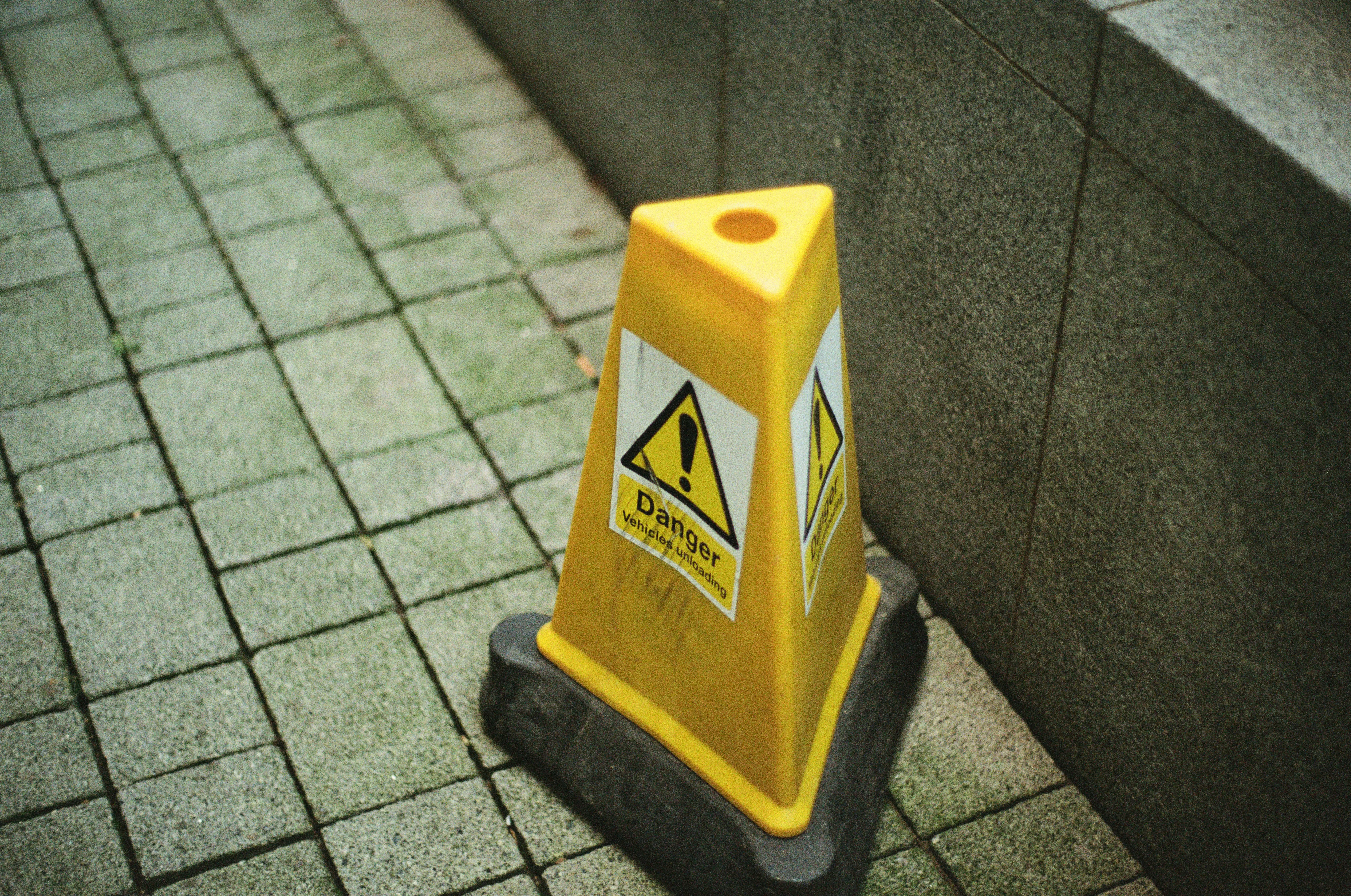
Explore the potential dangers of handling biohazard cleanup on your own and learn why hiring professionals in Sugar Hill is the safest choice.
Read More
